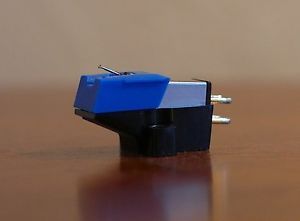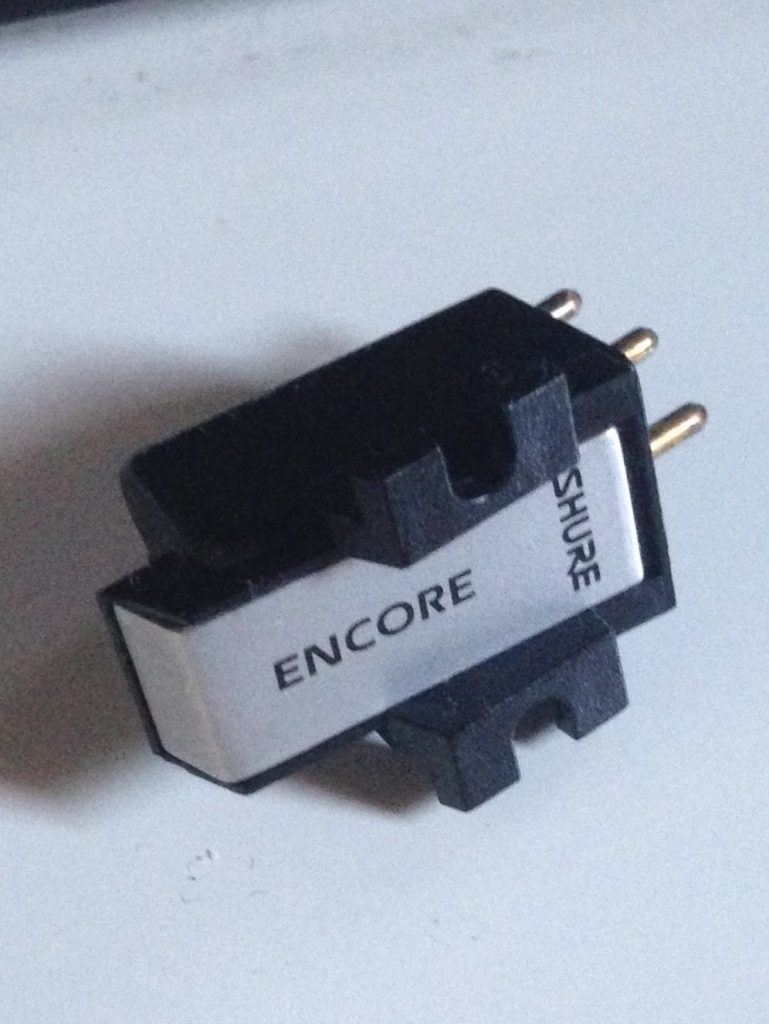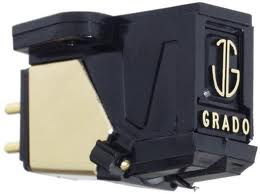 I have very fond memories about my high school maths and physics teacher. He is the one responsible for my love for science and the first who tried to teach me how to use my own brain and think freely.
I have very fond memories about my high school maths and physics teacher. He is the one responsible for my love for science and the first who tried to teach me how to use my own brain and think freely.
Even less Shure now…
 A few months ago, I wrote a post about how I was no longer sure I still liked the Grado cartridges’ sound: I had found a Shure cartridge for free and with a cheap stylus mounted on, it sounded pretty good to me. Better than my old Grado 8MX? Well, a newly acquired friend sold me an Audiotechnica AT95e cartridge for an incredible price – I was blown away (yet there’s more to be said).
A few months ago, I wrote a post about how I was no longer sure I still liked the Grado cartridges’ sound: I had found a Shure cartridge for free and with a cheap stylus mounted on, it sounded pretty good to me. Better than my old Grado 8MX? Well, a newly acquired friend sold me an Audiotechnica AT95e cartridge for an incredible price – I was blown away (yet there’s more to be said).
I’m not “Shure” anymore…
 (situation updated more recently)
(situation updated more recently)
I’ve always been fond of Grado cartridges, because I simply like their sound and also the fact they’re hand made in Brooklyn in a way that seems quite anachronistic today. I will probably keep loving and admiring the Grado way of doing business, but after I stumbled upon a humble Shure cartridge someone was about to throw away, I am not “shure” I will be listening to my records only through Grados anymore…
For the Love of Gold
 I have been thinking a lot about this. When I got myself back into analog audio, I recovered a Thorens TD-165 abandoned in a friend’s closet and equipped it with a Goldring Elan. When I first upgraded the cartridge I was advised to look in Grado’s catalogue.
I have been thinking a lot about this. When I got myself back into analog audio, I recovered a Thorens TD-165 abandoned in a friend’s closet and equipped it with a Goldring Elan. When I first upgraded the cartridge I was advised to look in Grado’s catalogue.
I choose the top of the Prestige series, which in 2005 was the Gold. I developed a love for the brand, for how the Grado family works and feels about the business. I tried even something different but, for the love of Gold, I’m not “shure” I can go away from them…
Back to the Future
 I’ve been always advising to get rid of the rubber mat on old Thorens turntables.
I’ve been always advising to get rid of the rubber mat on old Thorens turntables.
Lately, I’ve been reconsidering some of my well established views. The otherwise excellent Funk Firm Achromat I’ve been using for years looks a rather warped today. So I tried a felt mat I had spared and…. differences? Well…. really tough to tell.
It is debated whether the stock Thorens rubber mats of the 70s are still usable or not. Basically, the function of a turntable mat is to avoid placing our precious records directly on a rough metal plate. Modern turntables that use acrylic plates do not need a mat. The use of rubber in the past was due to its isolating properties and of course to their soft protection for the records.
The greatest long-term threats facing humanity
 Can we actually say anything about the far future? If we can’t predict when it will rain next month, forecasting billions of years hence might seem impossible.
Can we actually say anything about the far future? If we can’t predict when it will rain next month, forecasting billions of years hence might seem impossible.
However, not everything is as chaotic as the weather: even predictions very far ahead are sometimes possible, especially in astrophysics and cosmology. We can be confident that there will be a total solar eclipse in the UK on 23 September 2090 because the Moon, Sun and Earth move in stable, predictable orbits with very minor disturbances, and the laws of gravity are now well-tested. Similarly, we can use known astrophysics to predict what will likely happen across the Universe as it expands.